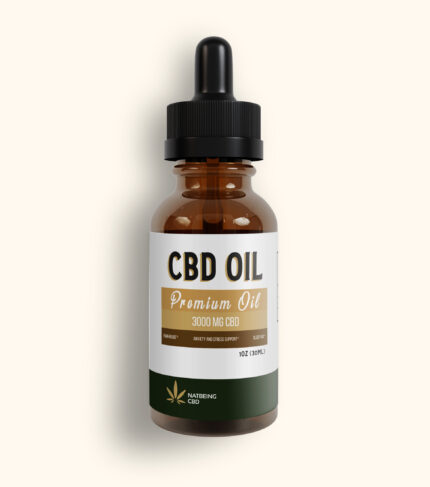
Blog
The NC Medical Marijuana Law allows limited use of cannabis for health. It aims to help patients with specific medical conditions.
Understanding this law is crucial for residents and patients in North Carolina. It provides a legal framework for accessing cannabis for therapeutic purposes. This law marks a significant shift in how the state views cannabis. For many patients, it offers hope and relief from chronic symptoms.
It also opens dialogue about marijuana’s role in medicine. The importance of this law extends beyond health benefits. It influences social attitudes and future legislation. As debates continue, knowing the details of this law becomes essential. It affects patients, healthcare providers, and policymakers. Discover how the NC Medical Marijuana Law impacts lives and society.

Credit: www.northcarolinahealthnews.org
Introduction To Nc Medical Marijuana Law
The NC Medical Marijuana Law allows certain patients to use cannabis for medical treatment. It is important because it provides relief for those with specific health conditions. Understanding this law helps patients access necessary care legally.
The conversation around medical marijuana is gaining momentum across the United States, and North Carolina is no exception. Understanding the NC Medical Marijuana Law is crucial as it represents a significant shift in how the state approaches health and wellness. Whether you’re a resident, a caregiver, or simply curious, knowing the ins and outs of this law can help you make informed decisions about your health or the health of those you care for.Historical Context
North Carolina’s relationship with marijuana has been mostly prohibitive. For decades, the state maintained strict laws against the use and possession of cannabis. However, public opinion has gradually shifted, with increasing support for medical use.This change in attitude is partly due to stories like that of a local family who found relief for their child’s severe epilepsy through medical marijuana. Such experiences have added a personal dimension to the debate, emphasizing the potential benefits for patients in need.Current Legal Framework
Today, North Carolina has started to recognize the medical benefits of marijuana, but with caution. The law allows for limited use under specific medical conditions, such as epilepsy and certain terminal illnesses.The process to access medical marijuana involves several steps, including obtaining a recommendation from a certified physician. This framework aims to ensure that only those who genuinely need it can access medical marijuana while maintaining control over its distribution.How do you feel about this cautious approach? Some argue it balances medical needs with safety, while others believe it restricts access too much. Your perspective could influence future legislation in this evolving field.
Credit: abc11.com
Key Provisions Of The Law
The NC Medical Marijuana Law introduces key provisions that shape its framework. These provisions define who qualifies and how the system operates. Understanding these elements is crucial for grasping the law’s impact. They address eligible conditions and regulatory guidelines, ensuring safety and efficacy.
Eligible Conditions
The law specifies conditions that qualify for medical marijuana use. Patients with debilitating illnesses are eligible. Chronic pain, epilepsy, and cancer are included. These conditions require medical validation to ensure appropriate use. Doctors evaluate and prescribe based on need. This approach ensures responsible access.
Regulatory Guidelines
The law establishes guidelines for marijuana distribution. Licensing is mandatory for dispensaries. Regulations ensure quality and safety standards. Products undergo rigorous testing for purity and potency. This protects patients and promotes trust in the system. Compliance with guidelines is strictly monitored.
Staff must be trained in proper handling and dispensing. The law emphasizes patient education. This helps users understand dosage and effects. These guidelines aim to maintain public health and safety.
Impact On Patients
The NC Medical Marijuana Law holds significant potential for patients. It aims to enhance the quality of life for those with certain medical conditions. By allowing the use of medical marijuana, patients may find relief from symptoms. This change impacts access to treatment and patient rights.
Access To Treatment
Access to medical marijuana can be life-changing for many patients. It offers an alternative to traditional medications. Those suffering from chronic pain or epilepsy may find relief. Medical marijuana can provide options where other treatments fail. Easier access means fewer hurdles for those in need.
Patient Rights
Medical marijuana laws strengthen patient rights. They allow patients to choose their treatment paths. Patients can discuss options openly with healthcare providers. It removes stigma and fear associated with marijuana use. Protecting patient rights ensures dignity in care decisions.
Economic Implications
The NC Medical Marijuana Law could boost the local economy by creating jobs in agriculture and retail. It is important because it may increase tax revenues and provide new opportunities for local businesses. This law also addresses public health needs, offering alternative treatments for patients.
The economic implications of the NC Medical Marijuana Law are significant and worth examining. This law has the potential to drive substantial economic growth and create numerous job opportunities across North Carolina. Understanding these implications can help you see the broader impact of this legislation on the state’s economy and your own community.Market Growth
The medical marijuana market in North Carolina is poised for rapid expansion. With the legalization of medical marijuana, businesses can now operate in a new and lucrative sector. This growth provides opportunities for entrepreneurs to start dispensaries, cultivation centers, and ancillary businesses.Consider how other states have thrived economically following similar legislation. Colorado, for example, saw its marijuana industry generate over a billion dollars in revenue within a few years. You might wonder how North Carolina could benefit similarly, boosting local economies and increasing state revenues.Job Creation
One of the most immediate economic benefits of the NC Medical Marijuana Law is job creation. From cultivation to retail, the marijuana industry requires a diverse workforce.Imagine the variety of roles that will become available: growers, processors, sales staff, and regulatory specialists. These jobs not only support individuals and their families but also stimulate local economies through increased spending.Moreover, the medical marijuana industry offers opportunities for skilled and unskilled workers alike. Whether you’re seeking a new career path or know someone who is, the growing industry in North Carolina might be the perfect opportunity.Have you ever considered how transformative new industries can be for local communities? The NC Medical Marijuana Law isn’t just about health—it’s about economic revitalization.Public Health Considerations
The NC Medical Marijuana Law addresses the use of marijuana for medical purposes in North Carolina. This law is important for public health as it impacts patient access to cannabis-based treatments, which can aid in managing various health conditions.
### Public Health ConsiderationsWhen discussing the North Carolina Medical Marijuana Law, understanding its public health implications is crucial. This law isn’t just about legalizing a substance—it’s about how it affects your health and the community. Let’s explore the potential benefits and risks associated with medical marijuana use.####Health Benefits
Medical marijuana offers several promising health benefits. It has been shown to alleviate chronic pain, which is a significant concern for many patients. Conditions like arthritis and multiple sclerosis have seen improvements with marijuana treatment.Patients suffering from severe illnesses such as cancer or epilepsy might find relief through medical marijuana. It can reduce nausea and improve appetite, especially after chemotherapy. Additionally, some patients report a better quality of life after using medical marijuana.Imagine a loved one suffering less because of these treatments. Wouldn’t that be a significant step forward in healthcare?####Potential Risks
However, it’s important to weigh these benefits against potential risks. Medical marijuana can have side effects like dizziness or impaired judgment. For some, these effects might hinder daily activities.There’s also the concern of dependency. Some individuals may develop a reliance on marijuana, impacting their overall health and wellbeing.Moreover, improper use or dosage can exacerbate these risks. It’s essential to use medical marijuana under professional guidance to minimize potential harm.Are these risks justified by the potential relief offered? It’s a question each patient must consider, ideally in consultation with their healthcare provider.
Credit: www.northcarolinahealthnews.org
Challenges In Implementation
The implementation of the NC Medical Marijuana Law faces several challenges. Understanding these hurdles is crucial. They impact how the law functions and affects people.
Legal Hurdles
Legal barriers complicate the law’s implementation. Federal laws still classify marijuana as illegal. This conflicts with state laws. Navigating these differences is tough. It creates uncertainty for lawmakers and users. Licensing and regulation also pose problems. Ensuring compliance with strict guidelines is challenging. This requires significant resources and effort.
Public Perception
Public opinion influences the law’s success. Some people support medical marijuana. They see its benefits for health. Others remain skeptical. They worry about misuse and safety. Misunderstanding about marijuana persists. Education and awareness are essential. They help shift perceptions positively.
Comparisons With Other States
In the complex landscape of medical marijuana laws, North Carolina’s approach stands out for its unique set of regulations. Understanding how it compares with other states can provide valuable insights into its effectiveness and areas for improvement. By examining successes and lessons from states like Colorado and California, you can better appreciate the importance of North Carolina’s law.
Success Stories
States like Colorado have paved the way with their medical marijuana laws. They’ve seen significant advancements in patient care and economic growth. This success has been attributed to clear guidelines and robust support systems.
California has also experienced positive outcomes. The state has witnessed increased access to treatment options for patients with various medical conditions. These stories can serve as inspiration for North Carolina as it navigates its own path.
Imagine the potential benefits if North Carolina embraces similar strategies. You could see improved patient care and economic opportunities emerge. What would these successes mean for your community?
Lessons Learned
While success stories are inspiring, other states have faced challenges worth noting. Colorado had to address issues related to over-regulation and ensuring patient safety. These lessons highlight the importance of balancing accessibility with stringent controls.
California’s experience shows the need for continuous education and adaptation. The state has learned that public awareness campaigns are crucial for effective implementation. North Carolina can benefit by fostering a culture of ongoing education.
Consider how these lessons can shape North Carolina’s future. What steps can your state take to avoid pitfalls and improve its medical marijuana law? It’s time to think critically about the path forward.
Future Prospects
The future prospects of North Carolina’s medical marijuana law are intriguing. As public opinion shifts, potential changes are anticipated. Understanding these prospects is crucial for patients, lawmakers, and healthcare providers. This exploration sheds light on what may come.
Potential Amendments
Amendments could refine existing regulations. Legislators might consider expanding qualifying conditions. This would allow more patients access to medical marijuana. Another potential change involves cultivation rights. Local growers might gain more opportunities. These amendments could enhance accessibility and economic growth.
Public feedback might influence legislative decisions. Lawmakers could adjust policies based on community needs. Advocacy groups often play a significant role. They push for reforms that benefit patients. Their efforts may lead to more inclusive laws.
Long-term Effects
Long-term effects of medical marijuana laws are complex. They impact health, economy, and society. For health, consistent access may improve patient outcomes. Chronic pain sufferers could find relief. Economic impacts include job creation. New industries might emerge, boosting the local economy.
Socially, perceptions of marijuana might shift. Acceptance could grow, reducing stigma. This might foster more open conversations about its benefits. Legal frameworks might evolve to support research. Better understanding of marijuana’s effects could emerge.
Frequently Asked Questions
What Is The Medical Marijuana Law In North Carolina?
North Carolina allows limited use of CBD oil for certain medical conditions. Recreational marijuana use is illegal. Patients need a doctor’s recommendation for CBD oil. Medical marijuana programs are not established in the state, restricting broader access. Legal discussions continue to shape the future of medical marijuana laws in North Carolina.
Why Should Medical Marijuana Be Legalised?
Legalizing medical marijuana offers patients access to alternative treatments for chronic pain and various health conditions. It can reduce opioid dependency and improve quality of life. Regulation ensures safe usage, promotes research, and boosts economic growth through taxation. Legalization respects individual choice in managing health care needs.
Does Anxiety Qualify For Medical Marijuana In Nc?
North Carolina does not currently allow medical marijuana for anxiety. The state’s medical marijuana program is limited to specific conditions like epilepsy. Consult with healthcare professionals for alternative treatments for anxiety in NC. Legal information may change, so always check the latest state regulations for updates.
What Is The Goal Of Medical Marijuana?
The goal of medical marijuana is to alleviate symptoms and improve quality of life for patients. It helps manage pain, nausea, and other medical conditions. Medical professionals prescribe it to reduce dependency on traditional medications. Legal regulations ensure safe and controlled use for therapeutic purposes.
Conclusion
Understanding the NC medical marijuana law matters. It affects many lives. Patients find hope through medical marijuana. The law ensures safer access to treatments. It also helps regulate the market. This means better quality and safety for users. Staying informed about this law benefits everyone.
It aids patients, families, and communities. Knowledge empowers choices. As the law evolves, staying updated is crucial. It influences healthcare and legal landscapes. Awareness fosters responsible use and advocacy. Consider its impact and importance in everyday life.
{ “@context”: “https://schema.org”, “@type”: “FAQPage”, “mainEntity”: [ { “@type”: “Question”, “name”: “What is the medical marijuana law in North Carolina?”, “acceptedAnswer”: { “@type”: “Answer”, “text”: “North Carolina allows limited use of CBD oil for certain medical conditions. Recreational marijuana use is illegal. Patients need a doctor’s recommendation for CBD oil. Medical marijuana programs are not established in the state, restricting broader access. Legal discussions continue to shape the future of medical marijuana laws in North Carolina.” } } , { “@type”: “Question”, “name”: “Why should medical marijuana be Legalised?”, “acceptedAnswer”: { “@type”: “Answer”, “text”: “Legalizing medical marijuana offers patients access to alternative treatments for chronic pain and various health conditions. It can reduce opioid dependency and improve quality of life. Regulation ensures safe usage, promotes research, and boosts economic growth through taxation. Legalization respects individual choice in managing health care needs.” } } , { “@type”: “Question”, “name”: “Does anxiety qualify for medical marijuana in NC?”, “acceptedAnswer”: { “@type”: “Answer”, “text”: “North Carolina does not currently allow medical marijuana for anxiety. The state’s medical marijuana program is limited to specific conditions like epilepsy. Consult with healthcare professionals for alternative treatments for anxiety in NC. Legal information may change, so always check the latest state regulations for updates.” } } , { “@type”: “Question”, “name”: “What is the goal of medical marijuana?”, “acceptedAnswer”: { “@type”: “Answer”, “text”: “The goal of medical marijuana is to alleviate symptoms and improve quality of life for patients. It helps manage pain, nausea, and other medical conditions. Medical professionals prescribe it to reduce dependency on traditional medications. Legal regulations ensure safe and controlled use for therapeutic purposes.” } } ] }Related posts
How Fast Does CBD Cream 5000mg Work on Sore Muscles?
Menthol and CBD: A Dynamic Duo for Pain Relief
Delta-8 vs Delta-9 THC: Which One Is Right for You?
CBD Cream 5000mg: Powerful Relief for Pain, Muscles & Joints
CBD for Arthritis Pain: What You Should Know
CBD Creams: Made with Hemp Oil for Pain Relief & Joint Support
Understanding Oral CBD vs Topical CBD: Which Works Best for You?
How CBD Cream Supports Your Body’s Natural Balance
CBD Cream for Arthritis Joint Pain: A Natural Way to Find Relief
Is CBD Cream the Secret to Glowing, Healthy Skin?
How CBD Cream Works on Your Skin
CBD Cream Costs: Finding the Perfect Balance Between Price and Quality
Table Of Contents
Recent Posts
Products
-
 CBD Cream 5000mg – Extra Strength Pain Relief Topical Rated 4.83 out of 5$33.93 – $49.99Price range: $33.93 through $49.99 — or subscribe and save up to 25%
CBD Cream 5000mg – Extra Strength Pain Relief Topical Rated 4.83 out of 5$33.93 – $49.99Price range: $33.93 through $49.99 — or subscribe and save up to 25% -
 CBD Sleep Gummies 2500mg With Melatonin - 100 count Rated 5.00 out of 5
CBD Sleep Gummies 2500mg With Melatonin - 100 count Rated 5.00 out of 5$69.99Original price was: $69.99.$34.99Current price is: $34.99. -
 3000mg CBD Oil Rated 5.00 out of 5$29.90
3000mg CBD Oil Rated 5.00 out of 5$29.90 -
 CBD Gummies 500 mg - 21 Gummies Rated 5.00 out of 5$19.90 – $23.00Price range: $19.90 through $23.00
CBD Gummies 500 mg - 21 Gummies Rated 5.00 out of 5$19.90 – $23.00Price range: $19.90 through $23.00


















